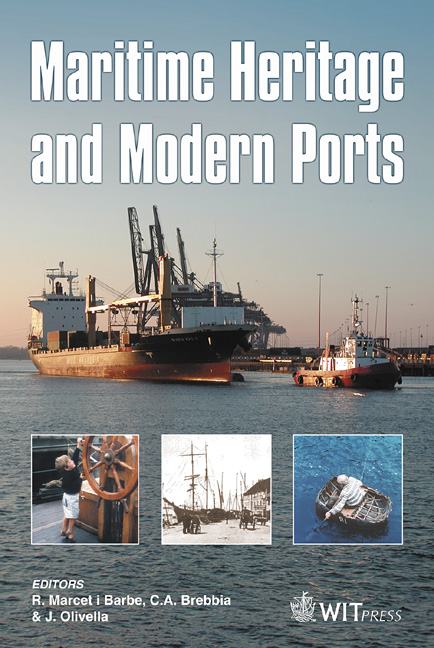Semiotic Analysis Of The Oral Stories From The Island Of Vis
Price
Free (open access)
Transaction
Volume
79
Pages
10
Published
2005
Size
425 kb
Paper DOI
10.2495/MH050091
Copyright
WIT Press
Author(s)
J. Božanić
Abstract
The author analyzes the semiotic structure of three oral non-fiction stories from the island of Vis. They belong to a type of oral narrative called \“facenda” in the insular dialect. \“Facenda” is an oral non-fiction story of humorous character. The stories analyzed here, in spite of the fact they come from different storytellers, are mutually connected. The meaning of the first story is deepened only with the meaning of the third story. Analysis concerns the actual problem of globalization which destroys the organic human community. The great changes imposed by the modern world make life impossible in small communities. With a semiotic analysis the author reveals the deep narrative structures of oral literature on the island of Vis. Keywords: oral literature, facenda, the island of Vis, semiotics, globalisation. 1 Introduction 1.1 The definition of \“facenda” as a type of narrative The original meaning of the word novel is novelty, event. However, it is only in the figurative sense a story about a certain event. In the same way, facenda in the common speech of the island of Vis means event, as well as a story about a certain event (Božani ć [1]). Facenda is a representational type of oral literature of the island of Vis, whose two major characteristics are non-fiction (the concentration on the factual) and the comedy. The very word facenda derives from the Venetian vernacular. In Boerio’s dictionary the word facenda means a job, work [2].
Keywords
oral literature, facenda, the island of Vis, semiotics, globalisation.





